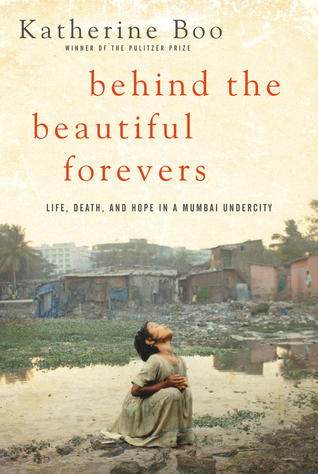Harlan Coben
Dutton Adult
Available Now
Reviewed By Kemper
3.5 out of 5 stars.
Jake Sanders thought he’d met the love of his life in Natalie, but she dumped him abruptly to marry her old boyfriend, Todd. At the wedding, Natalie made Jake promise that he’d never try to contact her again. Six years passed as Jake taught political science at a small New England college, but he never got over Natalie. When he comes across Todd’s obituary, Jake thinks that his promise no longer applies so he heads to the funeral to bang the widow pay his respects.
 However, Jake gets a big surprise. The widow at the service is not Natalie, and Todd had been married to this woman for years before the wedding that Jake witnessed. Adding to the weirdness, it turns out that Todd was murdered, and it’s as if Natalie never existed. Jake starts digging into the past to find Natalie and uncovers a lot of very dangerous secrets.
However, Jake gets a big surprise. The widow at the service is not Natalie, and Todd had been married to this woman for years before the wedding that Jake witnessed. Adding to the weirdness, it turns out that Todd was murdered, and it’s as if Natalie never existed. Jake starts digging into the past to find Natalie and uncovers a lot of very dangerous secrets.
Here we’ve got a high concept thriller by a very capable genre writer, and it works well in that context. I particularly enjoyed the early part of the book when a confused Jake can’t even find someone who admits remembering Natalie or confirm a single fact about her. That gave the whole thing a slightly creepy feel.
However, there were a couple of factors that weighed the whole thing down. As a college professor who was a bar bouncer in his youth, Jake makes a pretty good amateur sleuth character in that he’s smart and can hold his own in a fist fight while still seeming over his head. The problem is that the whole plot hinges on this idea that even though Jake has pined for Natalie since he lost her, he was able keep his promise to the point where he never even tried to do a Google search or look her up on Facebook once in six years. Yet when he’s trying to track her down and he gets several valid warnings that he could do her harm by looking, he keeps going. There’s some internal character conflict there that Coben does try to have Jake rationalize, but I never really buy it. Also, there’s just too much suspension of disbelief required at a couple of points. None of this was enough to make me dislike the book, but it did cut down on my enjoyment of it.
It’s a competent thriller with a nice hook to it, but frankly, I had a good idea of the explanation for what happened to Natalie fairly early in the book. I would have liked a few more surprises along the way and some more consistent behavior from the main character who claims to be doing it all for love.
Also posted at Goodreads.


